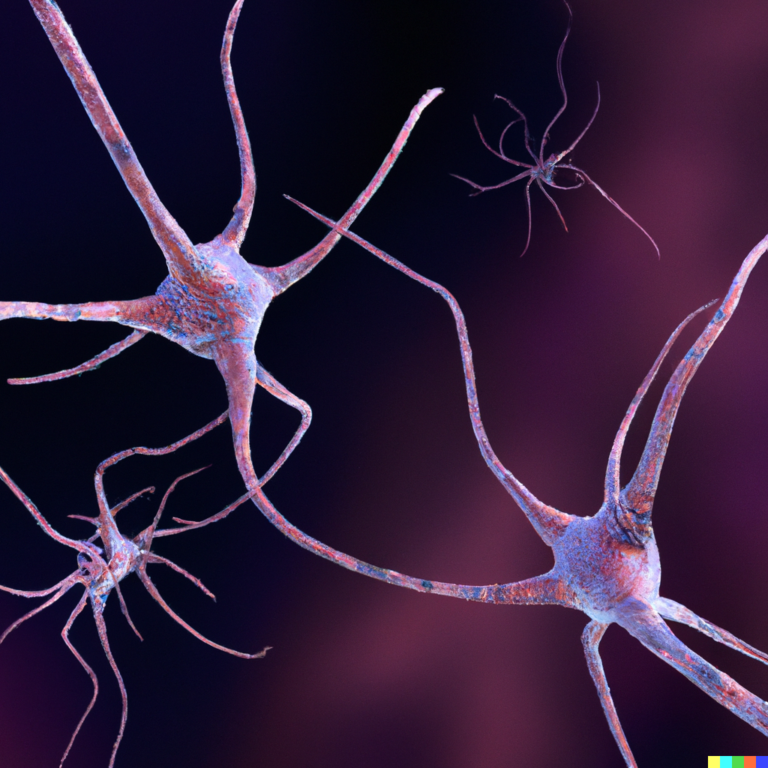Handling a dementia patient’s confusion during mealtimes can be challenging, but with the right approach, it can become a more manageable and enjoyable experience for both the patient and the caregiver. Here are some practical tips to help you navigate these situations effectively.
## Creating a Comfortable Environment
First, it’s essential to create a calm and distraction-free dining space. This means keeping the area quiet and clutter-free. Avoid having the television on or too many people at the table, as these can be overwhelming. Use solid-colored plates to make food stand out, and provide only the necessary utensils to avoid confusion. A peaceful setting can reduce stress and make mealtimes more enjoyable.
## Simplifying Meals
Complex meals with multiple components can be confusing for individuals with dementia. Instead, opt for simple, familiar foods that they have enjoyed in the past. Consider serving bite-sized pieces or finger foods if they struggle with utensils. Soft textures are also beneficial for those with chewing difficulties. Keeping meals simple makes eating less overwhelming and encourages better nutrition.
## Encouraging Eating
Eating with the person can be very helpful. Seniors with dementia often mirror the actions of those around them. By sitting and eating with them, you can demonstrate how to hold utensils or pick up food. Use gentle verbal reminders or hand-over-hand assistance if needed. Showing enthusiasm about the food can encourage their interest and foster a sense of connection.
## Adjusting Portions and Meal Frequency
Large meals can be intimidating, leading to refusal to eat. Try offering 5-6 smaller meals or snacks throughout the day. Serve only one or two food items at a time to prevent decision fatigue. Allow them to eat at their own pace without pressure. Frequent, manageable portions can ensure they get the necessary calories without feeling overwhelmed.
## Prioritizing Hydration
Seniors with dementia may forget to drink enough fluids, increasing their risk of dehydration. Offer fluids regularly throughout the day, such as water, herbal teas, or flavored drinks. Serve hydrating foods like fruits, soups, or smoothies. Keeping them well-hydrated can improve their digestion, energy levels, and overall well-being.
## Managing Confusion
If confusion arises during meals, try to identify the cause. It could be due to hunger, pain, or a confusing environment. Offer a snack or a drink, and take them away from noise into a calm room. This can help calm them down and alleviate some of the confusion they are feeling.
By implementing these strategies, you can make mealtimes more comfortable and enjoyable for individuals with dementia, helping them maintain good nutrition and dignity.





